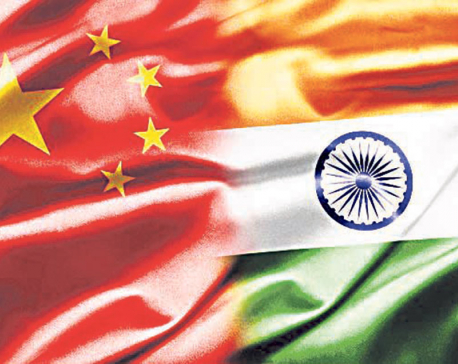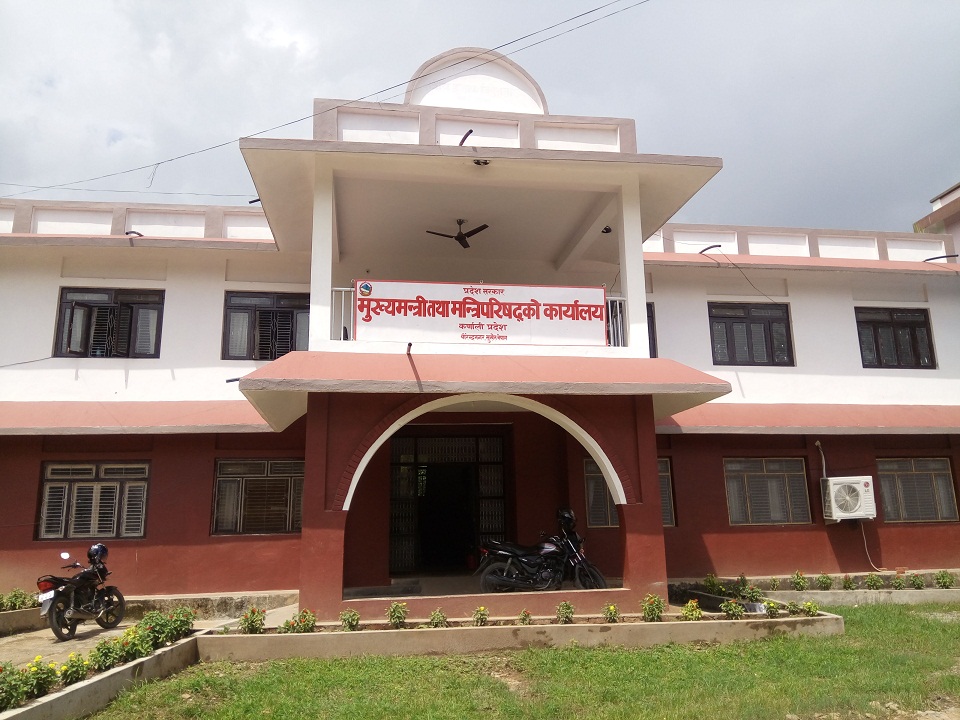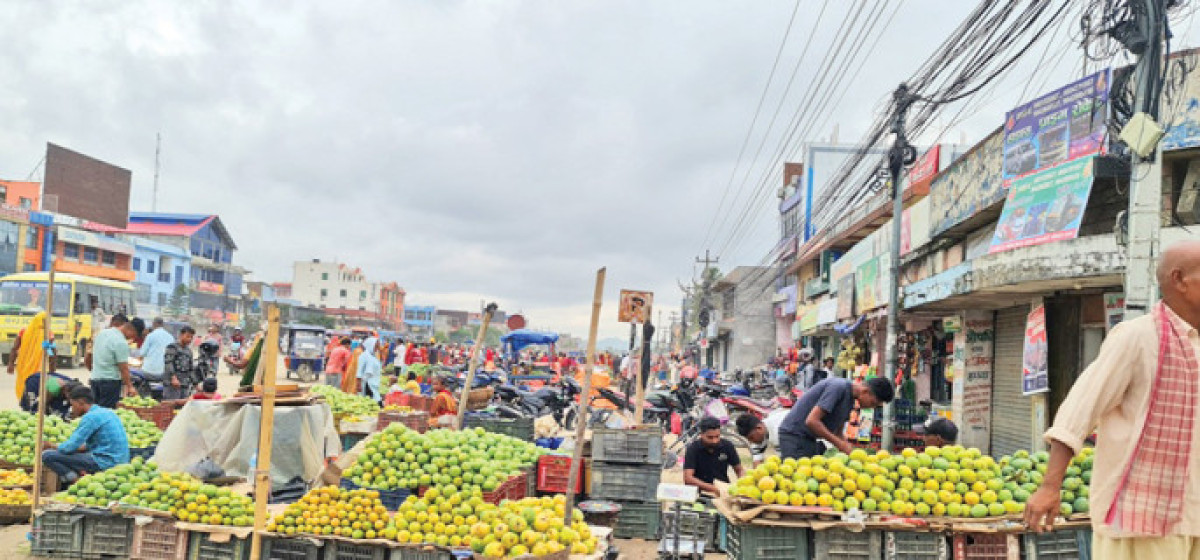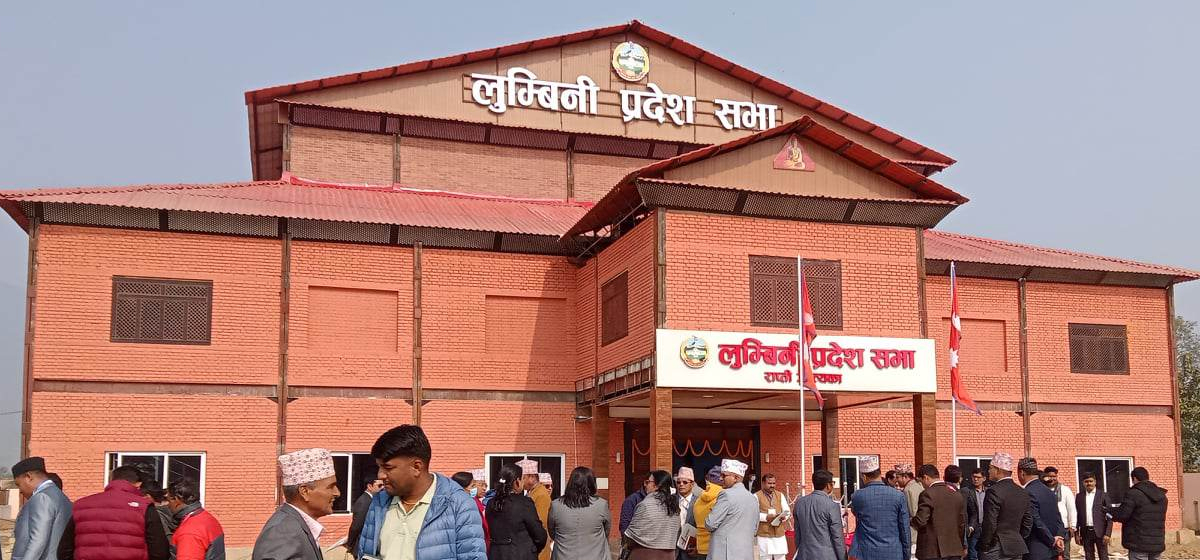
OR
Constitution amendment
The Madheshi Morcha submitted a 15-day ‘ultimatum’ to Prime Minister Pushpa Kamal Dahal on Monday. The government, in effect, has been given 15 more days to table a proposal to amend the new constitution. Prime Minister Dahal had earlier vowed to table the amendment proposal by mid-November but had later expressed his inability to do so as top Nepali Congress leaders were busy with the national convention of Nepal Tarun Dal, the Congress youth wing. We learn that the deadline has also been extended on mutual agreement between the government and the Morcha in order to buy some time to convince CPN-UML, the main opposition, to come on board the amendment proposal.
Even the Madheshi parties realize it will be difficult to get the desired amendments without the approval of UML. This is a right reading. We too believe that broadly acceptable and lasting solutions will be found only when at least the four major political forces—Congress, UML, Maoists and Madheshi Morcha—that own up post-2006 changes see eye to eye on major constitutional issues.
But it won’t be easy. UML chairman KP Sharma Oli has been adamant that the constitution will be amended only if there is ‘strong rationale’ to such amendments. The UML stand is that current constitutional provisions adequately address the concerns of all segments of the society and there is no need to now tinker with such vital issues as citizenship and federal demarcations. The Madheshi parties, at the other extreme, want immediate amendments so as to ensure two Madhesh-only federal provinces, and more rights for naturalized citizens. The ruling parties, meanwhile, have proposed an all-powerful federal demarcation commission to settle provincial boundaries. It has also offered a mid-way solution of election of the upper house of federal parliament on population basis, with a minimum of three representatives from each province. The question now is whether the prime minister can reconcile these disparate demands by taking both UML and Madheshi Morcha into confidence. It will be a tough sell. Both Morcha and UML leaders will be reluctant to make compromises that can be interpreted as signs of weakness by their core vote banks. So the Madheshi parties might be rigid on two provinces while UML could hold fast to its stand of preventing the ‘disintegration’ of the country by allowing such ‘divisive’ federal demarcations.
Luckily, that is not the only motivating factor for our political class. The country has been a witness to a high level of political instability since the 2006 changes, which in turn has had a devastating impact on the national economy. It has also made common people skeptical of their politicians and the democratic process itself. So it is in the interest of our mainstream political actors to come together and end this state of political flux and then take the country on the path of sustainable peace and prosperity. For the longer the state of uncertainty continues, the more will be the appeal of the extremist forces, on both the left and the right. If people feel that their mainstream politicians are incapable of delivering, they will be forced to explore other options. The recent global ascent of the xenophobic and illiberal hard right should make our politicians sit up and take notice.
You May Like This

Not so big fish in a big pond
Krishna Prasad Sigdel’s book reads like a primer on Nepal’s foreign policy and international affairs. It also deals with the... Read More...

Full time lawyer, part time youtuber
You might have come across Random Nepali. He’s a youtuber who makes presentation like animation videos that lists Nepali eccentricities... Read More...

Lengthy grants process a big hassle for quake victims
SINDHUPALCHWOK, July 9: Earthquake victims in Sindhupalchowk district have been facing problems getting their reconstruction grants even though the National... Read More...



Just In
- President Paudel approves mobilization of army personnel for by-elections security
- Bhajang and Ilam by-elections: 69 polling stations classified as ‘highly sensitive’
- Karnali CM Kandel secures vote of confidence
- National Youth Scientists Conference to be organized in Surkhet
- Rautahat traders call for extended night market hours amid summer heat
- Resignation of JSP minister rejected in Lumbini province
- Russia warns NATO nuclear facilities in Poland could become military target
- 16th Five Year Plan: Govt unveils 40 goals for prosperity (with full list)














Leave A Comment